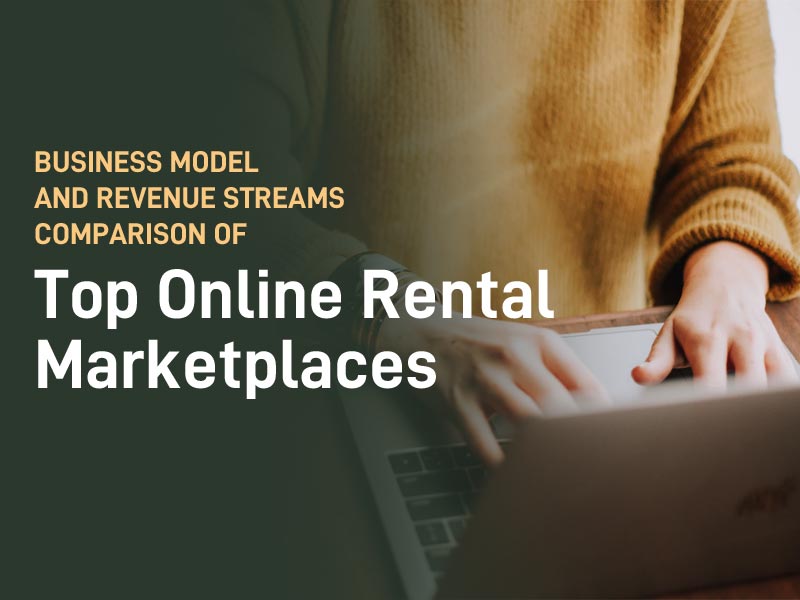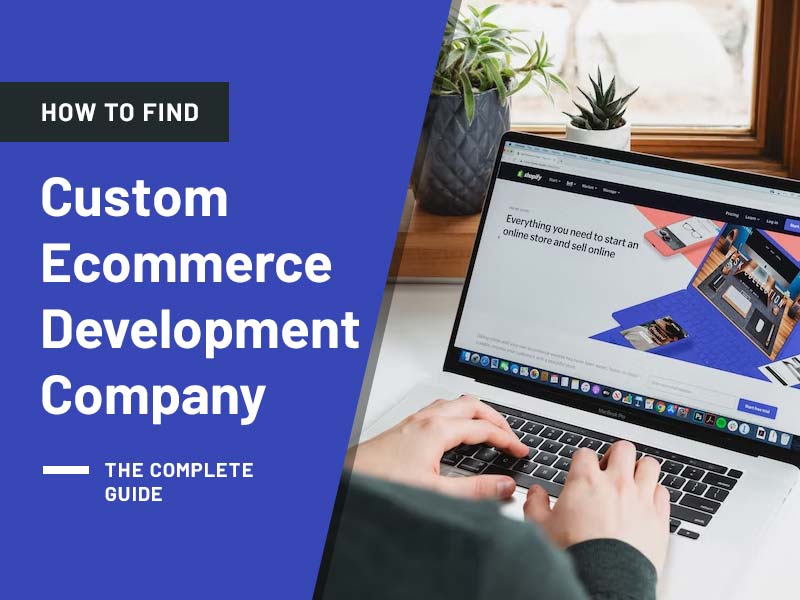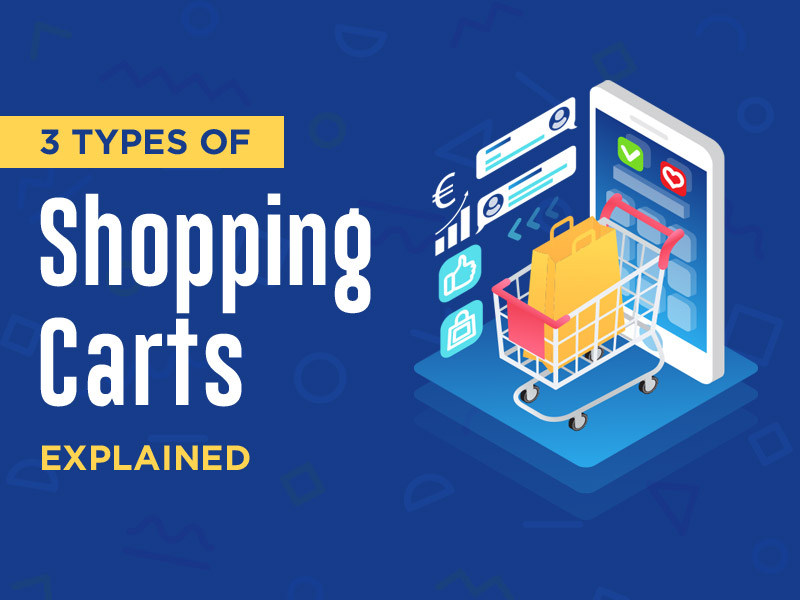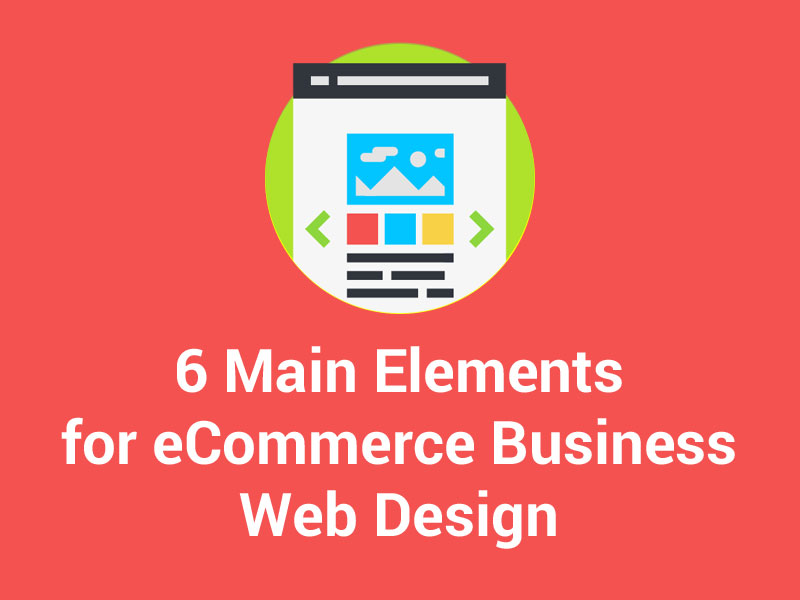It is hard to overlook the increasing demand for rental products. A reason behind this increase is the entrance of rental businesses in the eCommerce industry. The digital turn not only instructed consumers about the various benefits of renting like affordability and need-based acquisition, but it also introduced the products that people rarely think of renting, such as clothing and sports equipment.
Capitalizing on the increased consumer demand for rental products, we have several online rental marketplaces like Turo and Get Around (car rental), Style Lend (fashion rental), Gearo (adventure gear rental) and Boatsetter (boat rental). In this blog, we have thoroughly analyzed their business models and revenue streams and tried to explain them in simple terms.
Let’s start with the business models.
Business Models of the Top Online Rental Marketplaces
After our research, we found various discernible patterns and differences in the business models of the aforementioned marketplaces. All top marketplaces emulate a basic workflow, whose end goals are:
- To enable customers rent products from product owners
- To enable the marketplace owner deduct a commission from every transaction
To meet these goals, the similarities that we found in the workflow constitutes the following base model:
The model includes three user-types that frequently interact with each other through the marketplace platform. These entities are the marketplace owner, product owner and customer.
Flow of an Online Rental Marketplace
|
Customer |
Product owner |
|---|---|
|
The product owner signs up on the marketplace and uploads product listings. The marketplace owner approves those listings for displaying on the marketplace or rejects and resends them for moderation. |
|
|
The customer browses the listings on the marketplace and sends rental-booking requests. |
|
|
The product owner schedules the delivery or pickup of the product. |
|
|
Once the customer receives the product, the marketplace owner’s commission is deducted from the rental fees and the rest is transferred to the product owner. |
|
|
On the return of the product, the product owner inspects the product for any damages. |
|
|
In case of any damages, the marketplace owner deducts the reimbursement from the customer’s security deposit. In case of no damages, the entire security deposit is returned to the customer with no deductions. |
Note: In some guides on the internet, marketplace owner, product owner and the customer are also referred to as ‘admin’,’vendor’ or ‘renter’, ‘renter’ or ‘rentee’ respectively.
The business model that marketplaces like Turo, Style Lend, Outdoor Gear etc. use differs from the base model in the following manner:
|
Business |
Service |
Workflow Differences |
|---|---|---|
|
Turo |
Car Rental |
Instead of transferring the rental fee to the car owner (product owner) on the delivery of the car (product), Turo (marketplace owner) transfers it once the customer has returned the car to the owner. The rental fees is transferred to the owner after the end of the rental period. Instead of sending a rental booking request, the customer can directly book the car considering if the car owner hasn’t turned off the ‘Book Instantly’ option in the listing. If the ‘book instantly’ feature is turned off, the customer is first required to send a rental booking request to the car owner by paying a refundable amount of $1. The complete payment (including the rental fee and security deposit) is only paid when the car owner accepts the booking request.) |
|
Style Lend |
Fashion Rental |
Style Lend (marketplace owner) does not ask its customers to submit any security deposit. Instead it pays for the damages via insurance. The rental duration on Style Lend is limited to 7 days. This duration can be extended by another 7 days. |
|
Get Around |
Car Rental |
Get Around (marketplace owner) reserves the right to set the rental fee for any car (product) uploaded on its platform. The platform does not ask its customers to submit any security deposit, but collects fees for insurance coverage under the section ‘Standard Fees’. Car owners (product owner) are not required to approve or reject rental requests. The business manages rental requests on its own. Get Around only pays the car owner his rental fee share at the end of every calendar month, considering the sum is minimum $100. |
|
Gearo |
Adventure Gear Rental |
Gearo (marketplace owner) does not require equipment owners (product owner) to manage rental requests. |
|
Boatsetter |
Boat Rental |
Instead of the customer, a verified captain assigned by Boatsetter (marketplace owner) drives the boat (product). The customers get the option to send a message to the boat owner for inquiring car availability and clearing any other queries. Boatsetter transfers the rental fee to the boat owner after the end of the rental period. |
How do Online Rental Marketplaces Earn?
An eCommerce website can have numerous revenue streams. In the figure below, we have mentioned the ones that are the most compatible with a rental eCommerce platform.
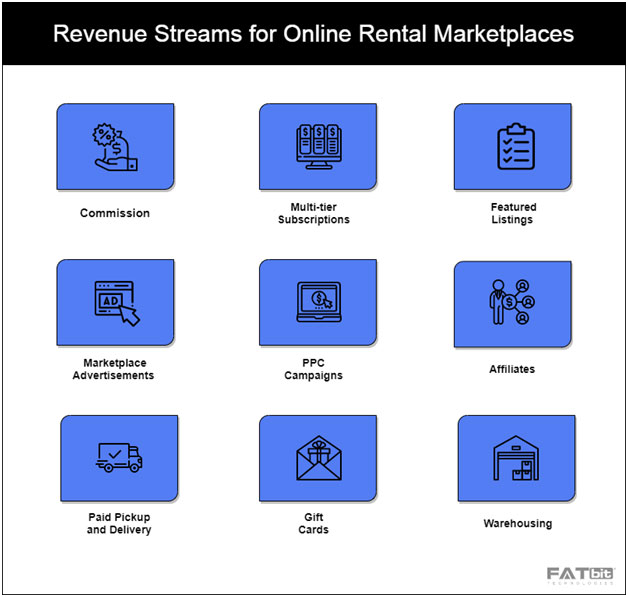
Tip: While rental commissions are the general source of income on a rental marketplace, other revenue streams like multi-tier subscriptions, paid deliveries and PPC ad campaigns on search engines and social media platforms are also proven to be very profitable for business owners.
How do Top Rental Marketplaces Earn Money?
The leading businesses in the online rental marketplace industry use several of the aforementioned revenue streams. Below, we have mentioned the ones that came out in our research:
GetAround
- Varying commission fees ranging from 5% to 75%
- Paid parking facilities
- Getaround Connect Technology fees
- Getaround Connect Subscription fees
- Cleaning fees
- Varying cancellation fees: Ranging from $25 to $100 for hosts and 50% for guests if cancelled after the free cancellation period
- $100 claims administration charges
Turo
- Varied commission depending on the selected insurance plan
- Young driver fee of $50 per day for drivers aged 18-20 and $30 for drivers aged 21-25
- Cancellation fees
- Claims processing fee
Style Lend
- 20% commission on every booking
- Shipping charges
- Insurance cost of $5
- A cancellation fee of $9.95 if an item is cancelled after 7 days of booking
Boatsetter
- Percentage commission
- Cancellation fees of 50% and 100% depending on the applicable cancellation policy
Conclusion
Although the aforementioned business model and revenue streams are feasible to launch a rental marketplace, a business owner may need to make minor to moderate adjustments in them to make them fully compatible with his business. For more info on starting a business in the online rental economy, you can read a blog on the top challenges that an entrepreneur faces while launching an online rental business.
